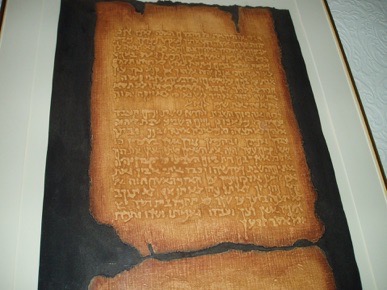Resources:
An important question that scholars ask about the Bible is, how close are the manuscripts from which we presently translate the Bible, to the originals? That is, what, if any, is the evidence for textual corruption and, if so, how serious might that corruption be in terms of changing the essential content and message of the Bible?
Do we have the original manuscripts for the books of the Bible? How (by what methods) would we detect corruption of the text, assuming there might be? What is the level, if any, of corruption in the text and to what extent does this affect Christian doctrine? These are some of the important questions that have been asked about the collection of books we call our Bible. Questions of these sort are are answered in the discipline called “lower criticism” or “textual criticism,” where the word “criticism" should be understood to mean something like "analysis”.
The resources in this section are designed to help you get a good sense of the current state of affairs in this discipline, especially as they relate to explaining and defending the Christian faith.
It would be naive indeed to think these sort of questions would not come up in a ministry in the academic milieu. These sort of questions can and have pulled the rug out from under the feet of benighted Bible believers who have not interacted with these issues before. However, a nuanced view that is familiar with the these concerns is in a stronger position than it is often realized. Indeed there are good scholars--especially New Testament scholars--that think textual criticism provides a strong suit for apologists who do not overstate their case. There are many textual problems, but we are provided with a rich array of extant textual variants from which we can winnow out those that are clearly later changes. And for the New Testament there are good reasons to think that no important doctrine is beholding to those textual problems.
